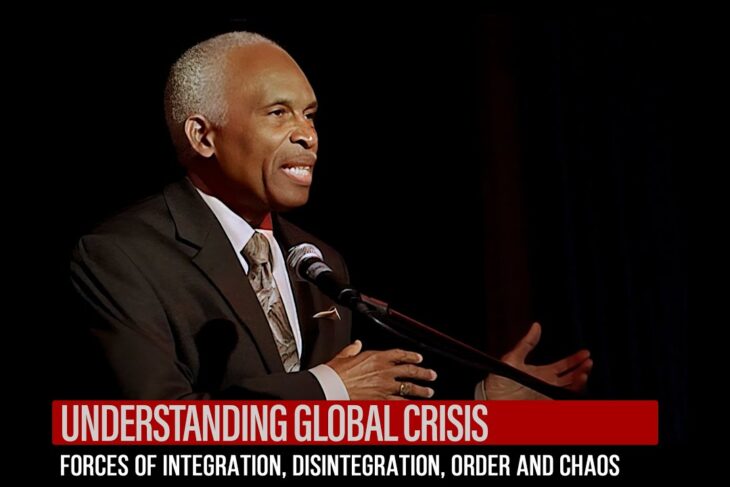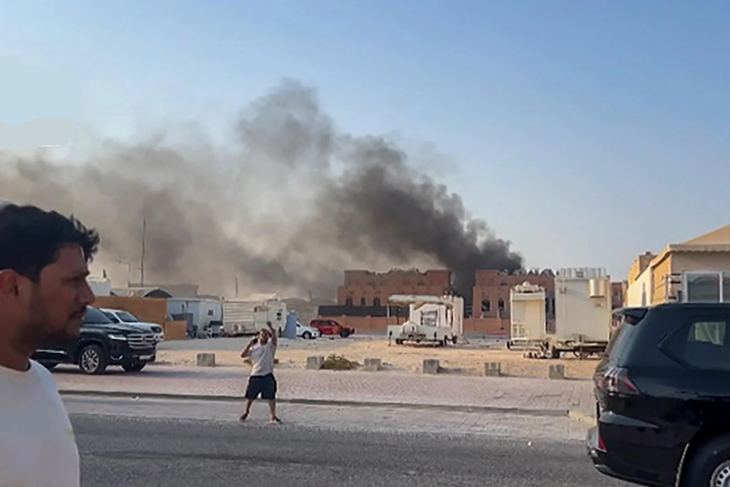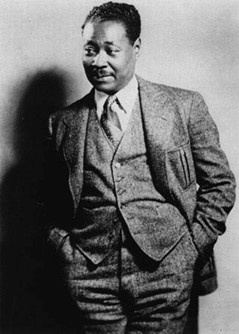(The article below is taken from a talk prepared by Stacey Mitchell for World Religion Day 2018 which draws heavily on an October 1985 document called the Promise of World Peace)
The celebration of World Religion Day takes place against a backdrop where religion and religious institutions are viewed by increasing numbers of Jamaicans as irrelevant to their major concerns — as being out of step with the times.
In my view they have failed to connect the dots and to appreciate that many of these major concerns arise from the movement away from cultivating a relationship with God — the same one God to whom we refer, albeit by different names and who we approach from different perspectives. While it is fashionable to point to religion as a source of disunity and a cause of many of the world’s historical and current conflicts, no fair-minded observer can discount the preponderating influence exerted by religion on the vital expressions of civilization. Furthermore, its indispensability to social order has repeatedly been demonstrated by its direct effect on laws and morality.
The teaching that we should treat others as we ourselves would wish to be treated is an ethic variously repeated in all the great religions. It sums up the moral attitude, the peace-inducing aspect, extending through these religions irrespective of their place or time of origin; it also signifies an aspect of unity, which is their essential virtue, a virtue mankind in its disjointed view of history has failed to appreciate.
Looked at objectively we can see that religion has been concerned with the ennobling of character and the harmonizing of relationships, it has served throughout history as the ultimate authority in giving meaning to life. In every age, it has cultivated the good, reproved the wrong and held up, to the gaze of all those willing to see, a vision of potentialities as yet unrealized.
From its counsels the rational soul has derived encouragement in overcoming limits imposed by the world and in fulfilling itself. An easy example for Jamaica is the role played by the Church in animating the spirits of an enslaved people — allowing them to fight for and hold on to life and hope. Religion has been the chief force binding diverse peoples together in ever larger and more complex societies.
Religion reaches to the roots of motivation. When it has been faithful to the spirit and example of the divine educators, the mirrors of God on Earth, the transcendent Figures who gave the world its great belief systems, it has awakened in whole populations capacities to love, to forgive, to create, to dare greatly, to overcome prejudice, to sacrifice for the common good and to discipline the impulses of animal instinct. Unquestionably, the seminal force in the civilizing of human nature has been the influence of the succession of these manifestations of the Divine that extends back to the dawn of recorded history.
This same force, that operated with such effect in ages past, remains today despite everything else an inextinguishable feature of human consciousness. Against all odds, and with little in the way of meaningful encouragement, it continues to sustain the struggle for survival of uncounted millions, and to raise up in all lands heroes and saints whose lives are the most persuasive vindication of the principles contained in the scriptures of their respective faiths. And we know some of them — sometimes they are simple inner-city mothers whose faith not only allows them to encourage their own children to fight on but to also turn around and help others who they recognize to be worse off.
As the course of civilization demonstrates, religion is also capable of profoundly influencing the structure of social relationships. Indeed, it would be difficult to think of any fundamental advance in civilization that did not derive its moral thrust from this perennial source.
The scriptures of all religions have always taught the believer to see in service to others not only a moral duty, but an avenue for the soul’s own approach to God. Today, the progressive restructuring of society gives this familiar teaching new dimensions of meaning. As we grow to realize that in Jamaica, land we love, we cannot and will not have peace without justice — meeting the needs of the soul and those of society will increasingly be seen as reciprocal aspects of a mature spiritual life. In other words, living our beliefs require that we recognize and act on an obligation to serve others and contribute to our society.
It is important for diverse religions to draw closer together in response to the divine will for a human race that has struggled through infancy and adolescence and is now on the path to its collective maturity. Interfaith discourse can contribute meaningfully to healing the ills that afflict a desperate humanity, but if it is to do so must now address honestly and without further evasion the implications of the over-arching truth that called the movement into being: that God is one and that, beyond all diversity of cultural expression and human interpretation, religion is likewise one.




How does one get an article published on publicopinion.news?